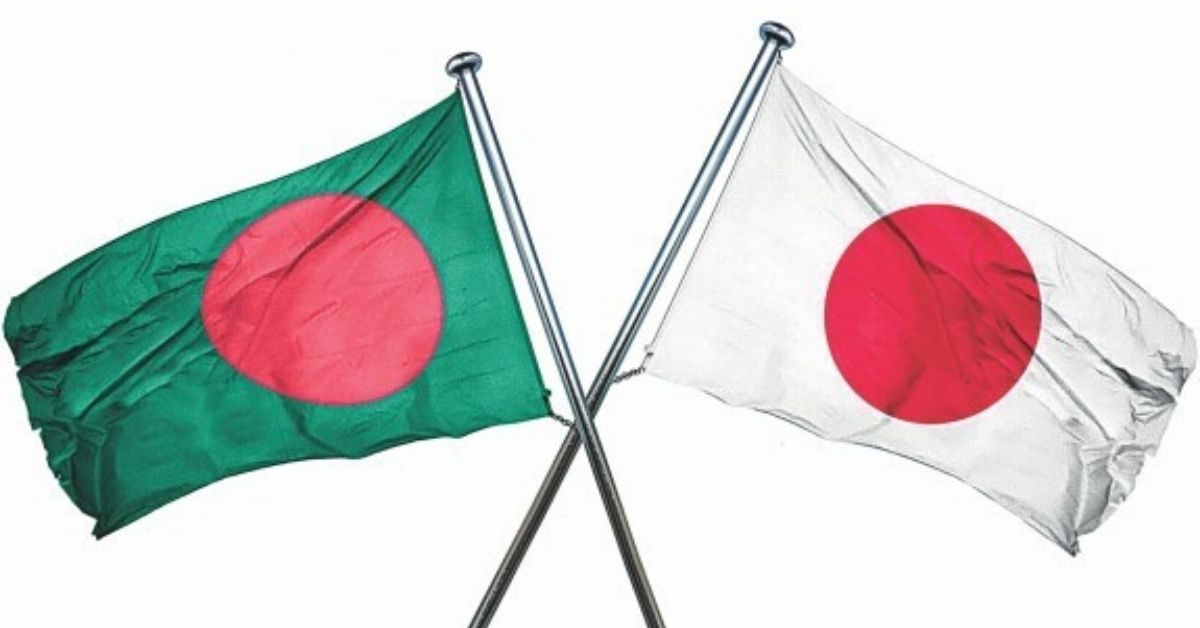In a world polarized by the US-led West and China-Russia bloc, Dhaka and Tokyo want to elevate their relationship to a strategic level during Prime Minister Sheikh Hasina’s visit to Japan scheduled for April 25-28. Hasina will meet Japanese Prime Minister Kishida Fumio, who will host a working dinner.
She will also call on the emperor of Japan, according to the foreign ministry.
Dhaka and Tokyo are expected to sign 10 memorandums of understanding (MoU) on defence cooperation, economic partnership agreement, cyber security, ICT, agriculture, human resource development, education, trade and investment. Foreign ministry officials said the defence cooperation does not mean buying military equipment.
Initially, it will be mostly training and information exchange. Later, if needed, Bangladesh may buy defence equipment, including patrol boats or radars for maritime security.
The economic partnership agreement will be signed so that Bangladesh continues to have trade privileges after its graduation from LDC.
“Japan is our major development and trade partner. So, it is important to ensure that our products are competitive there and we can draw more investments from Japan,” said a foreign ministry official.
Former Japanese ambassador to Bangladesh Ito Naoki earlier said Japan wants to take the bilateral trade to $20 billion by 2030 from the current $3 billion.
The number of Japanese companies in Bangladesh tripled over the last 10 years and was 338 in 2022. Most of them want to expand.
Bangladesh is the largest recipient of Japan’s overseas development assistance. Since Bangladesh’s independence, Japan has provided $24.72 billion.
Japan has funded some of the major infrastructure projects including Matarbari deep sea port, the third terminal of Hazrat Shahjalal International Airport, Araihazar Special Economic Zone, and metro rail in Dhaka.
Recently, Japan has proposed developing an industrial hub in Bangladesh with supply chains to the landlocked northeastern states of India, and to Nepal and Bhutan by developing a port and transport network in the region.
“We are supportive of regional connectivity and trade. We appreciate such a proposal by Japan and are eager to work together,” a foreign ministry official said.
A Japanese diplomat in Dhaka told this correspondent that as part of Japan’s Free and Open Indo-Pacific policy, Japan wants to see socio-economic development in the Bay of Bengal region and an end to the Rohingya crisis.
“We cannot have a stable and developed region leaving the Rohingya crisis unresolved,” the diplomat said.
Foreign ministry officials said Dhaka would make a strong appeal to Japan for helping solve the Rohingya crisis.
“We hope to start a new era in our relationship with Japan. The country has been a true friend for us since our independence,” an official said.
During her trip, Hasina will also attend a community reception, an investment summit, and hand over the “Friends of Liberation War Honour” to four Japanese nationals for their contribution to the independence of Bangladesh.








